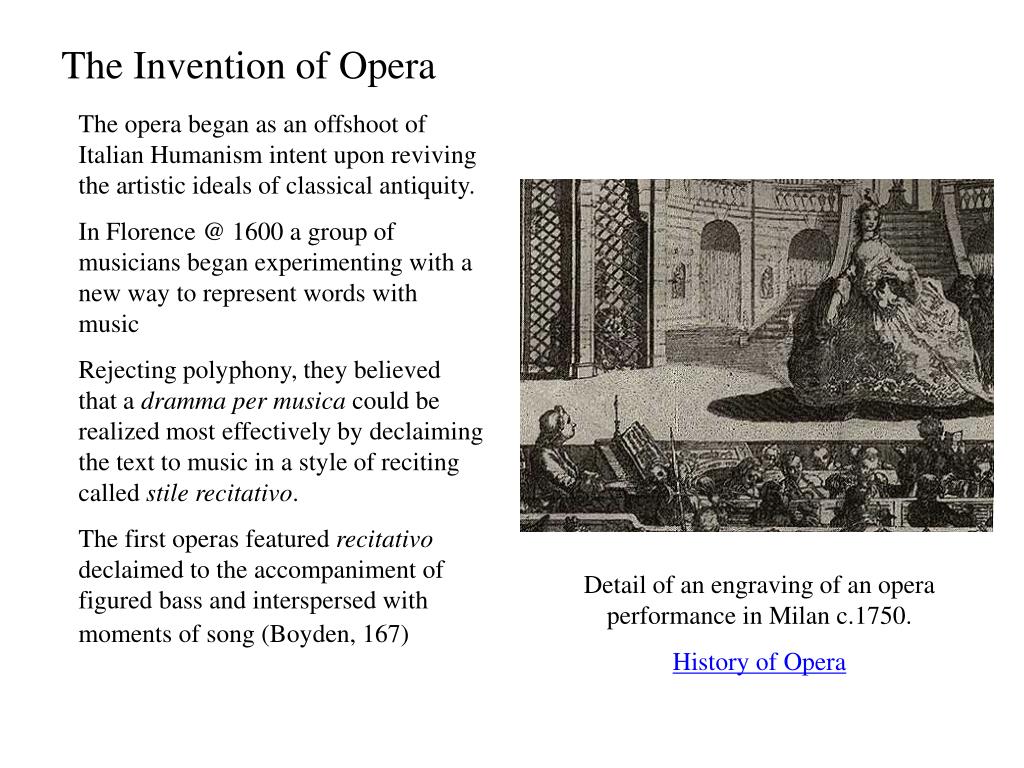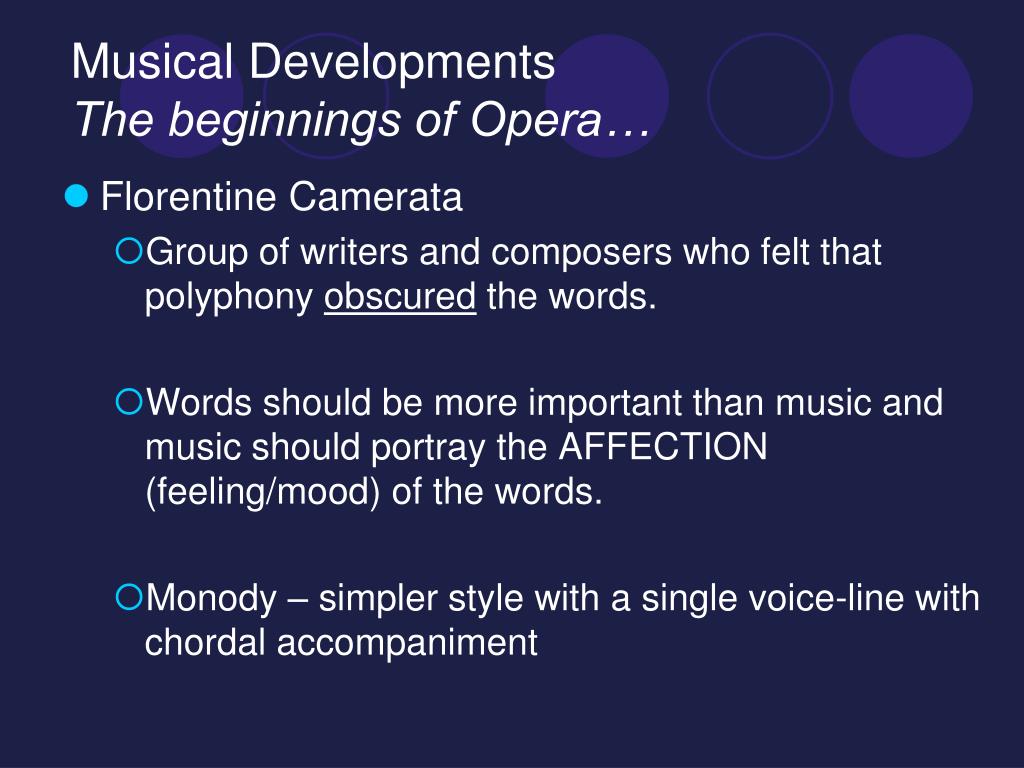
These tend to fall into several basic types, expressing distinct states of mind such as love, vengeance, despair, heroism, sadness, or triumph, and so specific are they to each general emotional state that they are basically interchangeable from one opera to another. In a Baroque opera, for example, the action takes place in quick recitation, after which everything stops dead in its tracks while the singer expresses his or her feelings in an aria. Baroque music tends to explore one basic emotion, or “affect,” at a time. The difference between this type of writing and that of the preceding Baroque period is quite striking. And because we remember these tunes (they are often amazingly catchy and distinctive), we care about them, and get drawn into the story that the music is telling.

In other words, in Haydn’s music, “stuff happens.” His themes have specific personalities or characteristics that we can hear change, evolve and interact over the course of a movement or entire work.
#OPERA BIRTH AND DEVELOPMENT THROUGH THE CLASSICAL PERIOD SERIES#
It involves a uniquely musical quality (that branch of harmony called “tonality,” or more commonly “key”) that Haydn used as the organizing principal of a large instrumental work - what later became known as “sonata form.” This latter term, the bane of so many music appreciation classes, in Haydn’s hands really means turning a piece of music into a related series of dramatic events moving through time as you listen. The answer is simple, and certainly easy to hear, but not that simple to explain. You may well wonder exactly what Haydn discovered that made his music so different from what had come before. He also left us similarly extraordinary, if less frequently cited, bodies of work in two other fields: piano solo (sonatas and variations) and piano trios. Absent Haydn’s achievement, the entire subsequent history of orchestral and chamber music would have been very different. After Haydn, the symphony became a feature concert attraction, a showpiece for the entire orchestra, and the string quartet found its niche as the vehicle for the most profound and intimate expression yet achieved in instrumental music. The fact is that both of these genres existed before Haydn came along, but until he got his hands on them, they didn’t matter. While Haydn wrote a great deal of superb vocal music - his late oratorios The Creation and The Seasons remain perennial favorites - his fame rests primarily on his instrumental music, as “the father of the symphony” and the “inventor” of the string quartet. His music isn’t necessarily longer than a lot of previous Baroque music, but it’s incomparably more diverse, dramatic and action-packed.

I say this not to make a tedious academic point, but to suggest that Haydn’s method for expanding music’s range of emotion and contrast occurred in tandem with a new approach to form, instrumental color and texture. It is the only symphony in the unusual key of F-sharp minor written in the entire eighteenth century, and the only orchestral work of note in that key written before the twentieth century. 45) remains one of the most turbulent, disturbing and ultimately wistful pieces in the form. In his instrumental works Haydn enlarged the expressive scope of music to include not just happiness and sadness in varying degrees, but also humor, irony, desolation, ambivalence - the entire gamut of emotional expression. At the end of his life Romanticism was in the air, yet Haydn was still, amazingly, at the forefront of the latest musical developments. A more dynamic style based on the lively and tuneful musical language of Italian comic opera would soon characterize what we now call the Classical period, in a true musical revolution led by Haydn himself. Bach and Handel were still alive when Haydn began writing music, but the Baroque period was waning.

He had been Mozart’s best friend and Beethoven’s teacher. At the time of his death he was Europe’s most beloved composer.

Haydn was born in 1732, the son of a wheelwright living on the Austro-Hungarian border, and he died in Vienna in 1809. On the occasion of his seventy-fourth birthday in 1806, Joseph Haydn reportedly remarked: “My calling has no limits what may yet be done in music is far greater than what has already been done.” It’s a fitting comment from music’s greatest innovator.



 0 kommentar(er)
0 kommentar(er)
